Comprehensive School Safety Program (CSSP)
The Comprehensive School Safety Program (CSSP) was created by the Omnibus School Safety Act. CSSP enhances safety in all of Delaware's public and charter schools by developing emergency plans, conducting annual tabletop and lockdown drills, and promoting a coordinated approach between emergency responders, educators, and support agencies in a critical incident.
Active Assailant Training
The Active Assailant Training Presentation for school staff is a comprehensive and dynamic session designed to equip educators with the knowledge and skills to respond effectively to potential threats.
The presentation delves into the historical context of past incidents, providing valuable insights into the evolution of best practices in school safety. From the tragic events that have shaped security protocols to the latest advancements in threat response, participants gain a deep understanding of the multifaceted nature of active assailant situations. The training emphasizes proactive measures and situational awareness tactics, empowering school staff to recognize warning signs, implement effective response procedures, and collaborate with first responders.
By fostering a culture of preparedness and vigilance, this presentation aims to enhance the overall safety and security of school environments, ultimately prioritizing the well-being of students and staff.
This is a 90-minute presentation that can be conducted virtually or in person.
For more information on Active Assailant Training in our schools, contact us at dema.cssp@delaware.gov.
Request Physical Safety Assessment
Lorem ipsum dolor sit amet, consectetur adipisicing elit. Libero molestias, voluptates aperiam impedit.
For more information or to request a Physical Safety Assessment, contact us at dema.cssp@delaware.gov.
School Safety Plans
CSSP works to ensure each school has a safety plan that contains hazard-specific annexes including active assailant and natural hazards. CSSP staff offer technical assistance and support to school administrators ensuring annual plan updates fully reflect the scope of hazards and events for which schools should be prepared.
Additional Support for Schools
In addition to planning support, CSSP offers regular training on all aspects of emergency management as it pertains to school safety including preparation, preparedness, response, mitigation, and recovery.
They also offer trainings to include active assailant, mental health components or aspects, family reunification, severe weather response, and more. In addition, CSSP supports a wide range of exercise options to include templates for drills and tabletops, as well as after action reports. Finally, the CSSP team conducts and provides technical assistance for physical building infrastructure assessments to ensure schools are properly identifying and mitigating against vulnerabilities.
Annual Progress Reports
- 2024 CSSP Annual Report
- 2023 CSSP Annual Report
- 2022 CSSP Annual Report
- 2021 CSSP Annual Report
- 2020 CSSP Annual Report
Additional Resources
- SchoolSafety.gov
Serves as a one-stop access point for information, resources, guidance, and evidence-based practices on a range of K-12 school safety topics. - Center for Prevention Programs and Partnerships (CP3)
CP3 is committed to preventing targeted violence and supporting safe and healthy communities. CP3 builds partnerships and provides funding, training, and increased public awareness across every level of government, the private sector, and in local communities.
Frequently Asked Questions
Each year, Delaware's Comprehensive School Safety Program (CSSP) works with public and charter schools statewide to help administrators update their individual school safety plans. The CSSP certifies schools after completion of two lockdown drills and one table top exercise as required by Delaware law. Many districts and schools arrange drills in coordination with CSSP, law enforcement, school personnel and first responders to ensure staff and students are ready to respond appropriately in a coordinated effort in the event of an emergency.
CSSP offers regular training on all aspects of emergency management as it pertains to school safety including preparation, preparedness, response, mitigation, and recovery. Examples of regular trainings offered include but are not limited to violent intruders, bomb threats, severe weather responses, mental health awareness and tools, behavioral threat assessments, crime prevention through environmental design and family reunification.
All public and charter schools are required by the Omnibus School Safety act to have a school safety plan that addresses numerous hazards or emergency incidents including violent intruders, and natural hazards.
With the assistance of CSSP, the plans are developed by school safety teams which should be comprised of administrators, teachers, staff, law enforcement, various other first responders and contain detailed information specific to each school.
Schools are required to review, update and test plans annually through drills and tabletop exercises.
In addition to the online training available to school personnel, the CSSP hosts a variety of training seminars for SROs, constables, safety personnel and school staff. The CSSP team works with schools to determine areas of necessity through need's assessments, and couples findings with best practices to determine trainings and initiatives.












